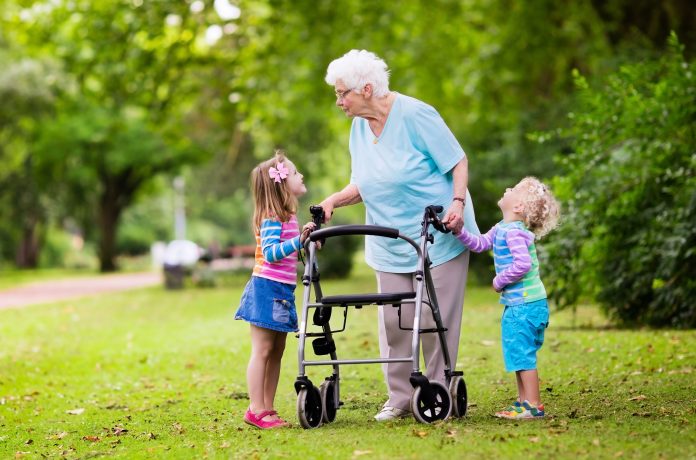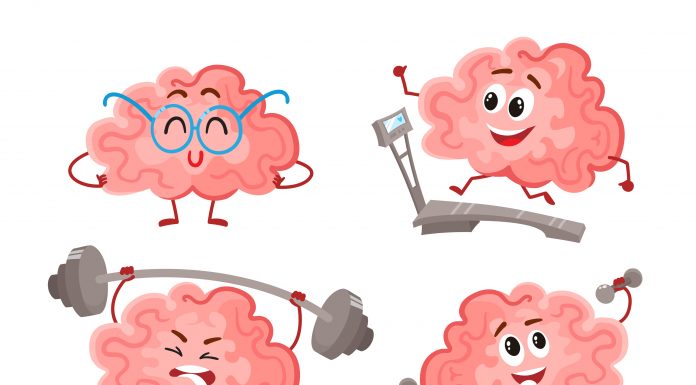When you get busy helping your aging parents or other elderly loved ones, make sure you take the time to help your kids understand what’s going on and how you can do things together moving ahead.
Here are five key tips you may want to consider.
Don’t pressure.
Understand that no matter what their ages, your children sense and comprehend the pressures at play. The more you press them to be part of a caregiving team, the more they may well resist, especially as they reach adulthood.
Do explain.
Work hard to explain the situation, the medical prognosis and the timetable to likely events. Giving your children information helps them make their own decisions and take what the right actions are for them.
Ask a lot of questions.
Help your children construct and express their own feelings by asking a lot of questions about how they feel now, how they think they’ll feel when there is a death, how they think they’ll cope after a death and what it all means to them.
Share your feelings.
While it’s hard, share what’s on your mind and your own feelings about your parents’ health and decline, and how you’re dealing with their impending death. Let your children see and feel your emotions: they’ll respect you for it.
Be there for them.
As much as you may love your parents and work hard to help them, never for- get or short change your children: they need you, too. They need to feel and know that they’re also an important part of your life and that they have the comfort of your time and attention.






















